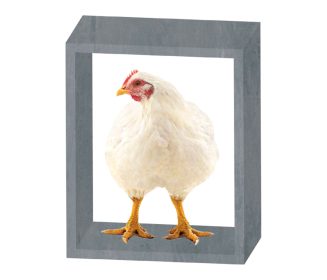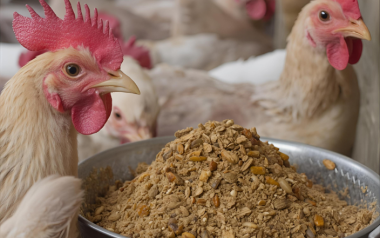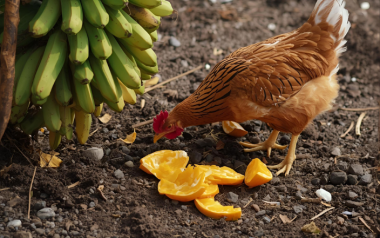12 Jun 2025
Pakistan govt rejects GM soybean meal import proposal
Government committee claims current domestic production of soybean meal processed from imported soybean seeds, is sufficient to meet the poultry sector’s demand.
A high-level government committee formed by Pakistan’s Prime Minister Shehbaz Sharif has rejected a proposal to allow the import of genetically modified (GM) soybean meal, despite strong lobbying by major poultry industry players.
Pakistan Today reported that the move follows controversy over the suspension of the Director General of the Pakistan Environmental Protection Agency (Pak-EPA), allegedly due to her role in the soybean meal’s import approval process.
The committee held its second meeting on May 9, where it concluded that the current domestic production of soybean meal processed from imported soybean seeds is sufficient to meet the poultry sector’s demand.
A reliable source confirmed that the committee decided to defer any further import decisions for at least six months.
APSEA’s concerns
The committee, chaired by Federal Minister for Climate Change and Environmental Coordination Musaddiq Malik, was formed after the All Pakistan Solvent Extractors’ Association (APSEA) raised serious concerns.
APSEA, which imports soybean seeds (including GM varieties) and processes them into oil and meal, warned that the unchecked import of ready-to-use GM soybean meal would jeopardize local solvent extraction units and undermine domestic industry.
The committee—comprising ministers from the Commerce, National Food Security, Power, and Industries divisions, with the Climate Change Ministry serving as secretariat—will evaluate APSEA’s concerns and make recommendations aligned with international best practices within three weeks.
According to documents, the approval process had advanced significantly. After clearance from an Institutional Biosafety Committee, the Technical Advisory Committee (TAC) under the Ministry of Climate Change—then led by Farzana Altaf Shah, the now-suspended Director General of Pak-EPA—recommended registration and issuance of licenses for the import of GM soybean meal from the US. The import applications came from poultry feed producers.
Earlier this year, the federal government amended the Biosafety Rules, allowing GM food and feed imports based on international risk assessments endorsed by local biosafety bodies and removing the requirement for local testing. The change has drawn criticism from environmental experts and domestic industry stakeholders.
While the TAC supported the imports, APSEA raised objections to the rapid approval process and the absence of thorough local risk assessments. A scheduled meeting of the National Biosafety Committee (NBC) to finalize the decision was subsequently postponed for further review.
APSEA has called for the immediate suspension of all GM soybean meal import approvals until a transparent, science-based regulatory framework is established. The association cited past cases where imported GM shipments were deemed substandard by the Department of Plant Protection and returned.
Voice from the poultry sector
On the other side of the debate, representatives from the poultry and feedmill sectors argue that GM soybean meal is more cost-effective and nutritionally superior to domestically processed meals.
They claim the current restrictions unfairly shield a handful of local processors at the expense of the broader poultry industry.
However, a major soybean seed importer refuted this claim, pointing out that meal prices have dropped significantly since the resumption of GM soybean seed imports. He argued that earlier price surges were due to a temporary ban on seed imports, not a shortage of GM soybean meal.








































